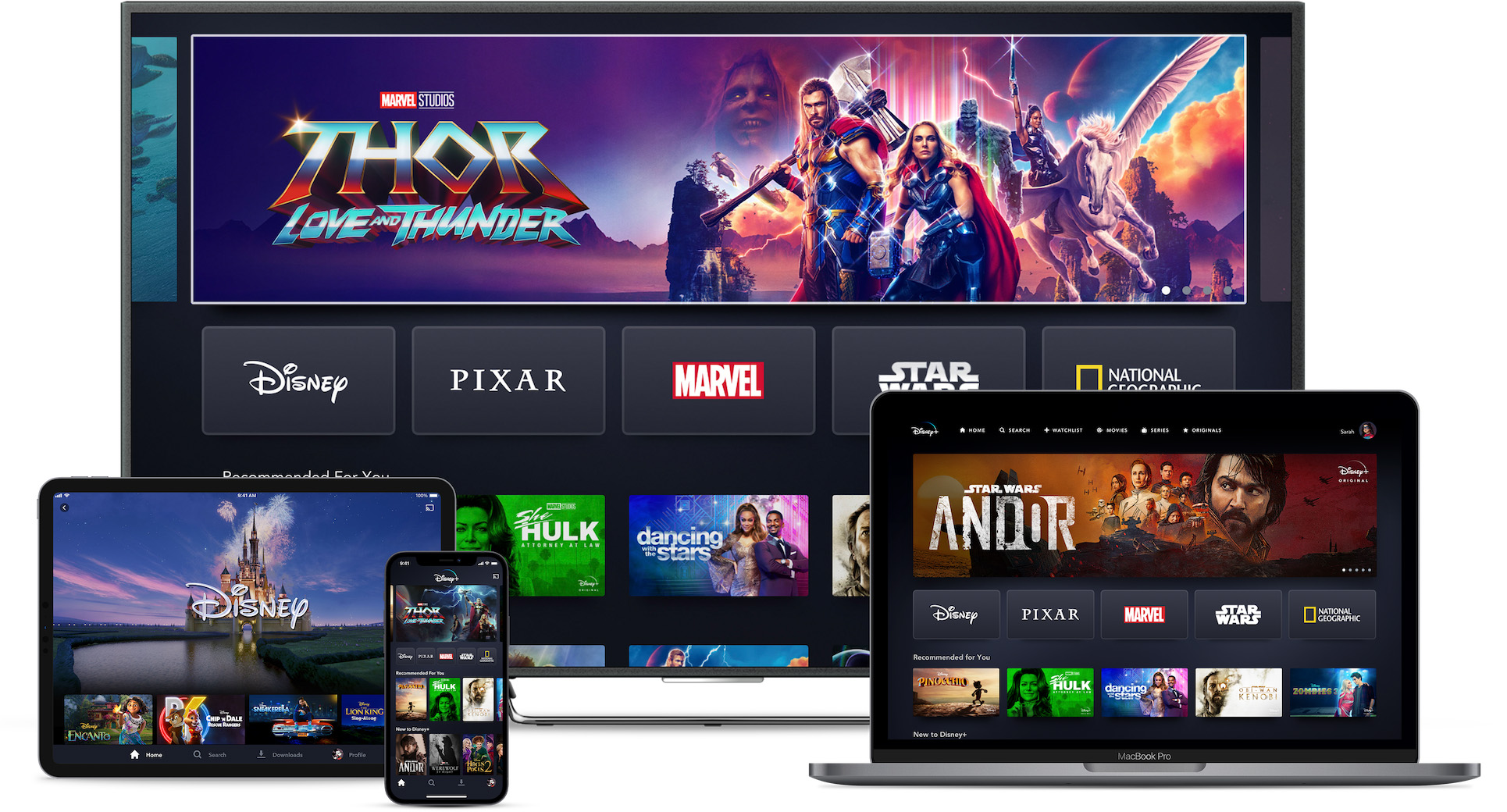Stock splits have been in the news recently after high-profile names like Apple (AAPL 0.82%) and Tesla (TSLA 3.14%) enacted 4-for-1 and 5-for-1 splits, respectively. Not long after, utility and renewable energy company NextEra Energy (NEE 1.25%) announced another 4-for-1 split with its share price approaching $300.
Walt Disney (DIS 1.15%) is a popular name with its stock also trading over $100 per share. So investors may be wondering if it would make sense for Disney to split its stock as well. There is actually one compelling reason for Disney in particular to make such a move.

Image source: Getty Images.
Pieces of the same pie
The first thing investors need to know is that stock splits don't change the fundamental value of the company or the value of their owned shares. Any type of stock split just cuts different size slices from the same pie. But by cutting the pie into smaller slices, the thought is that more investors may be interested in digging in.
The advent of fractional shares has made that thought process irrelevant. But there is still an emotional attraction for investors to be able to own 20 shares of a $50 stock, as opposed to 1.25 shares of an $800 stock if they're looking to invest $1,000. With Disney shares currently trading at about $125, investing $1,000 would get you eight shares.
What it means for returns
Ten years ago, Disney shares traded for about $30. The shares have outperformed the S&P 500 Index since then, without having split.
That kind of share price growth can continue indefinitely without stock splits. A great example of that is Warren Buffett's Berkshire Hathaway (BRK.A 0.02%) (BRK.B 0.31%). Buffett has never initiated a stock split, and the class A shares currently trade for more than $300,000 each.
A combination of businesses
Berkshire runs a conglomerate with a mix of many different operating businesses. Disney similarly runs a group of different businesses, including theme parks, media, movies, and cruise ships.
Disney's magic is that it ties them all together to create theme park rides, cruise concepts, and toy sales from its movie characters. And it's able to host the pandemic-impacted NBA playoffs at its Orlando Wide World of Sports complex while broadcasting and reporting about them on its ABC and ESPN media networks.
Splitting off those businesses would have meaningful impacts, but splitting the stock itself would not.
One meaningful reason
Typically there's only one practical result from splitting a stock. Options trading is done with exposure to lots of 100 shares at a time of the underlying stock. So a lower underlying price per share would allow for more investors to partake in trading options in that company. Options activity shouldn't concern the company or its executives, however.
But there is one other meaningful reason for a stock split that is particularly relevant for Disney. It is one of the best companies to use to get children interested in saving and investing. Financial literacy is important in life, and giving a kid a share of stock as a gift could help begin that journey. Disney is particularly well suited for this, as children generally know and love the company and its products.
Will Disney split it stock? It's hard to know, and it shouldn't really concern the typical investor. But if it does, investors can use that opportunity to gift a share of two to a child. That's the only practical benefit in the long run.






